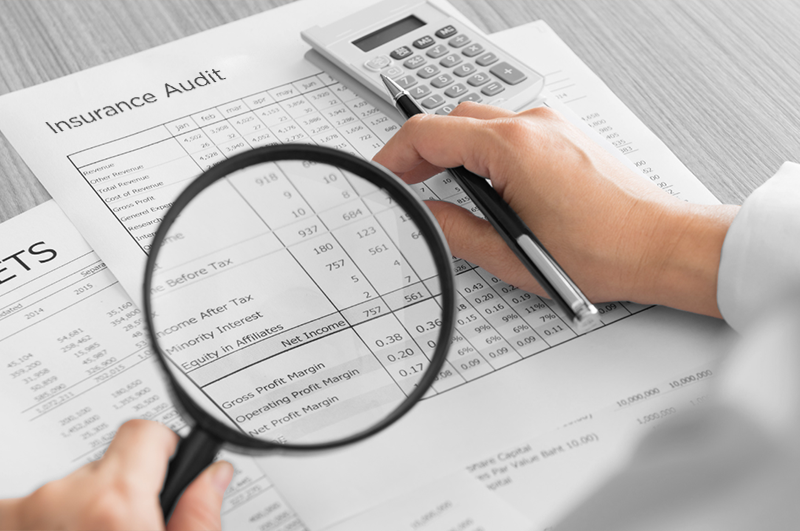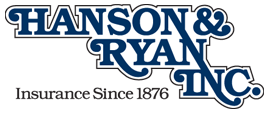Insurance Audits: What You Need to Know

The term “audit” probably doesn’t conjure up positive feelings when you hear it. But when it comes to insurance audits, they are a common industry practice, and can even bring some insurance savings to your business. Even though they are common, they are often misunderstood.
We’re here to clear up the confusion.
What is an Insurance Audit?
An insurance audit is an examination performed by insurance companies to ensure your policy meets your business risk exposure needs. It is performed at the end of each policy term to confirm your business’s annual revenue and/or payroll was reported properly, and that the policy reflects accurate rating metrics. It also verifies you are paying the correct premium amount. The most common types of insurance audits review general liability, liquor liability, worker’s compensation, or other similar commercial business policies.
Why Do I Need an Insurance Audit?
We know what you are thinking – if there’s a chance you could owe money after an audit, why would you want to do it? Your insurance carrier determines your premium based on your prior year’s business activities, which means the premium you are quoted at the beginning of the term is more of an estimate than a final cost. After an audit, your premium will likely be different than you originally paid, so you may owe more to your insurance company, but you also may be due for a refund.
More importantly, it makes sure your business is properly protected from risks and threats. Conducting an audit helps to ensure that your business’s insurance coverage is an appropriate level, as underinsuring can lead to surprise costs later.
Insurance companies will conduct audits to make sure the information they have on a business is accurate, otherwise they may not be compliant with the law of their states.
If your business has experienced major changes during your coverage period, like sales increases or large shifts in the number of employees on your payroll, it may be worthwhile for you to contact your provider to renegotiate your policy.
What Should I Expect from an Insurance Audit?
Each time you purchase a new commercial insurance policy or renew an existing one, the insurance company determines the premium you pay based on your estimated gross sales or payroll for the year. Once that first policy period has expired, there’s a bit less estimating that needs to be done for the following year, as the insurance company now has a year’s worth of data to audit and use for reference.
By utilizing the data from your audit, your insurance agent can more accurately price your commercial insurance plan going forward. The insurance audit process is repeated in this way every year, allowing your policy to grow and change appropriately alongside your business.
After your audit is concluded, your report will give you one of two things: a balance due or a credit. With a balance due, it means you underpaid your premiums for the year, and you will owe your insurance carrier the difference. Simply pay off the balance and you’ll be ready to move past your insurance audit. With a credit, it means you overpaid your premiums for the year, and the carrier will either credit or refund the overpayment to you.
Complying with your yearly insurance audit is very important, especially to avoid any unnecessary noncompliance charges, which can sometimes be as much as 300% of the estimated premium on the policy.
How Can I Prepare for an Insurance Audit?
As the expiration date on your policy nears, you should begin to collect all the necessary financial statements to complete the audit. It is also helpful to decide who the point(s) of contact will be for the auditor. This should be a person(s) who is knowledgeable of the daily operations of the business and can locate any needed files. You will want to have full records of your business’s operations including:
- Payroll records
- 941s
- W2 forms
- 1099s
- QuickBooks reports
- Job descriptions
- Unemployment reports
- Profit and loss statements
- Subcontractors’ certificates of insurance (if applicable)
Hanson & Ryan Can Help
Insurance audits require some legwork on your end, but they are necessary to make sure your business is protected as much as it needs. And we can help. At Hanson & Ryan, we have a certified public accountant that is not only knowledgeable in the accounting field but also knows insurance regulations inside and out. By providing us with some basic information we can ease your burden in the insurance audit process. If you’d like to learn more about how the team of insurance agents at Hanson & Ryan can help with your insurance audit, reach out to us today.




